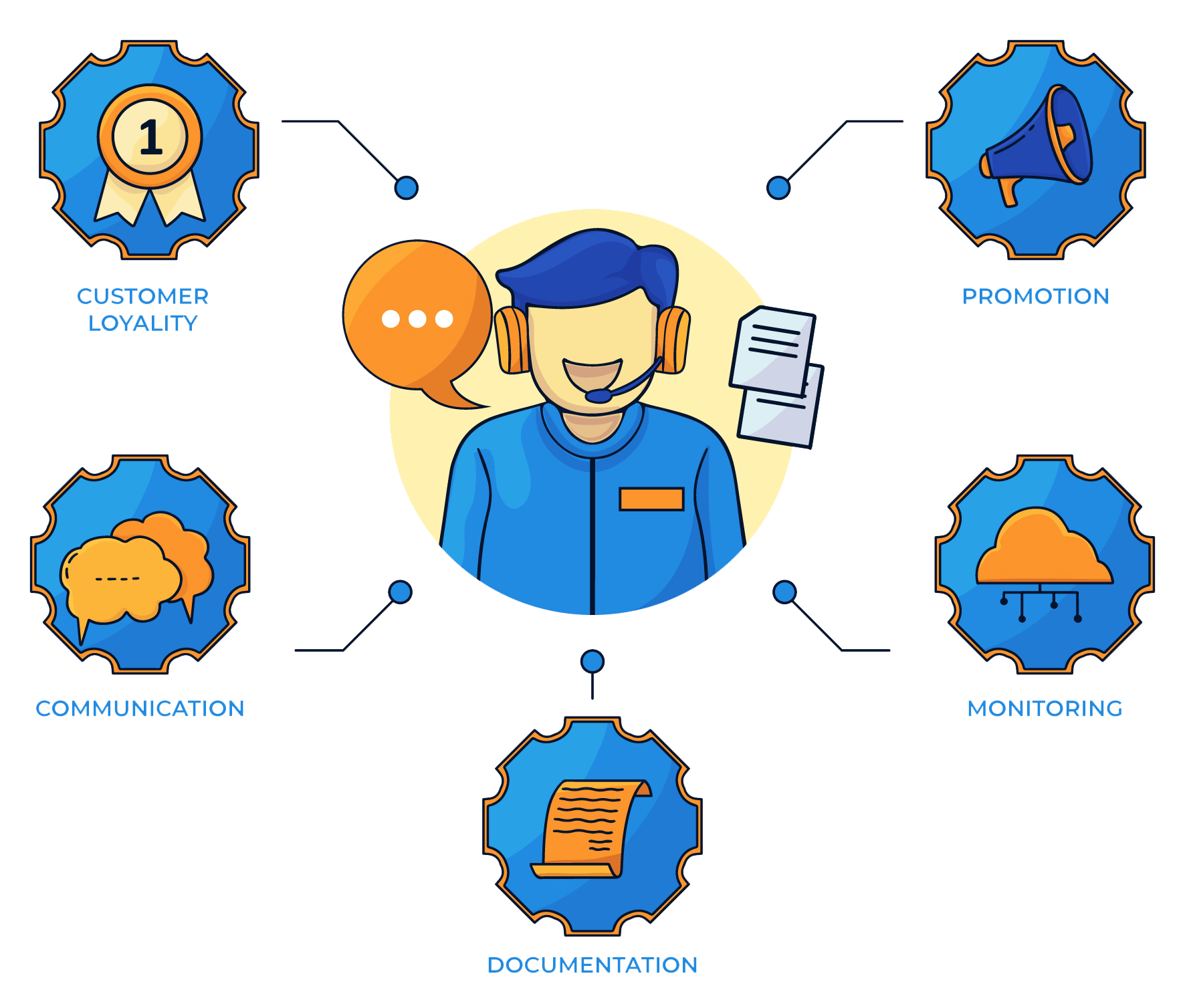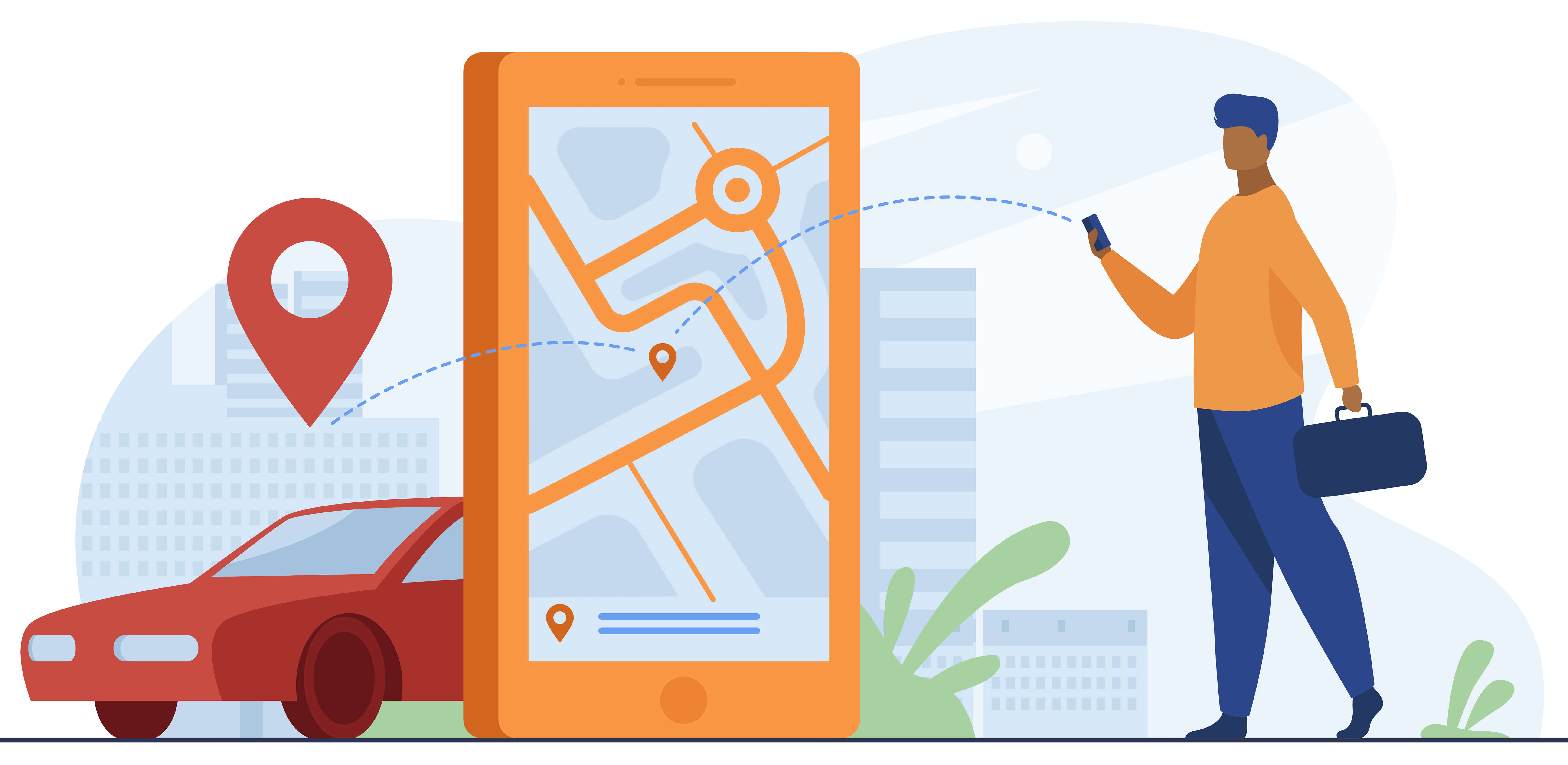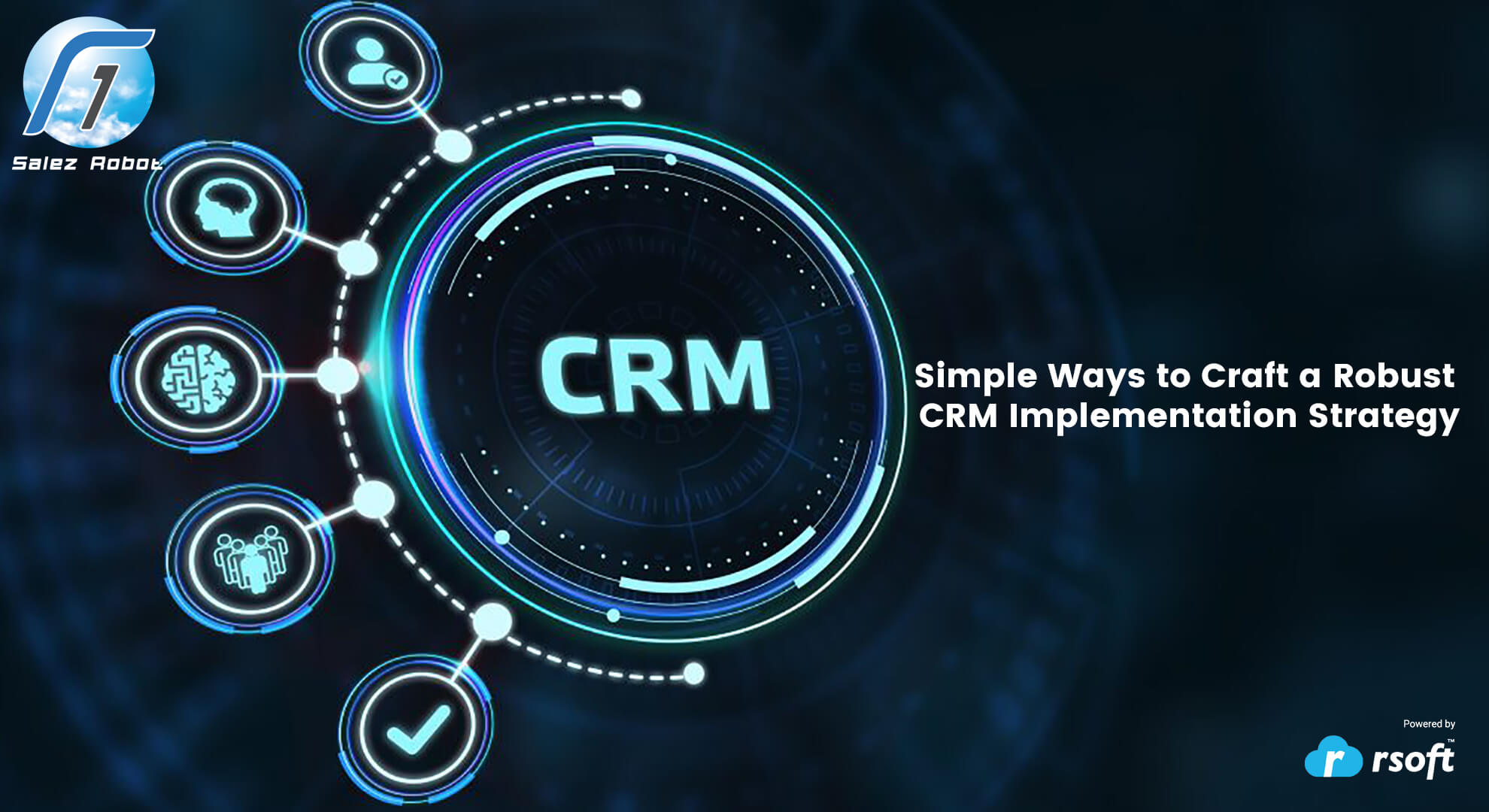While a CRM System bare minimum function is to store and organize customer information, the system's potential applications are broad. The "Real Estate CRM implementation" describes how a company sets up a customer relationship management system to monitor and organize interactions with past, present, and potential clients. Businesses often implement CRM System to boost revenue, increase lead generation, and boost customer satisfaction.
Ways to Craft a Robust CRM
Comprehending Customer Relationship Management

Using a Customer Relationship Management(CRM) allows for a more organized and efficient recording of customer interactions. A customer relationship management system will enable businesses to improve their current situation and take on innovative marketing and business strategies more confidently. A customer relationship management system is crucial for modern businesses as it aids in developing company-wide policies, methods, and ethos.
An improved customer retention rate can be achieved through a CRM system by Real Estate businesses.
Customer Relationship Management(CRM) software designed specifically for the real estate industry provides an intuitive interface for gathering and analyzing customer data, allowing companies to target specific demographics strategically.
Get Everyone on Board Before Starting the Project
The success of your CRM deployment depends on full backing from upper management. A lack of approval from upper management is one of the leading causes of CRM failure. The C-suite will determine the CRM strategy, establish project timelines and budgets, and finalize vendor contracts. Staff members look to CEOs to articulate and shape the organization's long-term vision and mission.
If your company's upper management is on board with the new CRM System and willing to share valuable information for rolling it out, you have a much better chance of a smooth rollout.
Create a plan of action
It's crucial to set goals before beginning any CRM implementation. Look at the company's long-term goals, current market needs, and relevant industry standards to establish a set of metrics to measure success. Two components should form the basis of your CRM approach: What direct or indirect effect do you anticipate it having on your clientele? Is everybody committed to the CRM?

Assessing risks early on in a project could help you spot problems before they become serious. To prepare for a potential failure, you and your project team must determine its severity and likelihood and then make plans for dealing with it. These plans must consider factors such as the number of essential users, the anticipated influx of new clients, and other relevant information.
For the best results from your real estate CRM software, it's essential to have a well-thought-out strategy for when and why to implement it. Such a strategy will also ensure that your CRM delivers the desired results for your clients, staff, and business.
Take Careful Deliberation Before Deciding
Building a shortlist of viable CRM options is an essential first step in the selection process. Next, evaluate the features of the CRM system to see if they meet your needs, and then make a decision based on the value you expect to receive. Cost alone shouldn't be your primary consideration when selecting a customer relationship management system. Find a functional CRM quickly by scheduling demos, reading reviews, and exploring your options. Before settling on a system to meet your business's requirements, you should thoroughly analyze those needs and document your findings.
Map of Implementation

Short-term, intermediate, and long-term goals for user adoption are all critical components of a well-thought-out CRM implementation strategy. Start with a small base of users and add more as you gain experience. In this stage, problems can often be found and fixed rapidly, with little to no interruption to service.
Effectively educating the entire organization on the CRM System can be achieved by implementing a practice of training the line teams with in-depth concepts.
Learning the System
Make a training program unique to your company's structure so that team members can learn together quickly. Combining in-person meetings with virtual ones, hands-on exercises, and helpful managers is a tried and true method. Give the students enough time to learn the material. Remember to take in criticism and make changes as needed. If you're looking for a way to give your trainees a break from the monotony of their daily routine, perhaps a day off would help. It's also essential for keeping students encouraged.
Deployment
Don't rush into achieving long-term goals once you've launched your Real Estate CRM. Customers and users will need some time to adjust to the new system. Vendor support is also available for any fine-tuning or upgrading the system may require. The team's internal technical knowledge of the project is crucial. A Customer Relationship Management(CRM) provider may need to be enlisted for this task. Be sure to ask pertinent questions about the vendor's responsibilities and any additional costs you might incur.
Conclusion
Getting a new Customer Relationship Management system up and running can be a hassle. But in the long run, the integration will help your businesses because it will increase customer loyalty and repeat purchases. A robust CRM provides team members with access to critical data in a timely fashion. Additionally, the software solution allows you to spend less time and energy on your tasks while still achieving the same or better results thanks to its ability to provide robust analytics for data-driven decision-making.
To accomplish the same, your team will need to implement an appropriate CRM that can analyze your notification emails to learn more about your customers' activities and interests, as well as provide access to customer reviews, testimonials, and case studies so you can better comprehend market trends and customer proclivities for various products and services.
As the only end-to-end real estate solution in India developed by specialists in the field, RSoft Technologies provides a welcome service to the country's property development and management companies. You can increase process efficiency and productivity beyond anything you've seen before by implementing the sales and marketing automation solutions provided by RSoft Technologies. More importantly, RSoft can be easily implemented into any existing real estate company.


